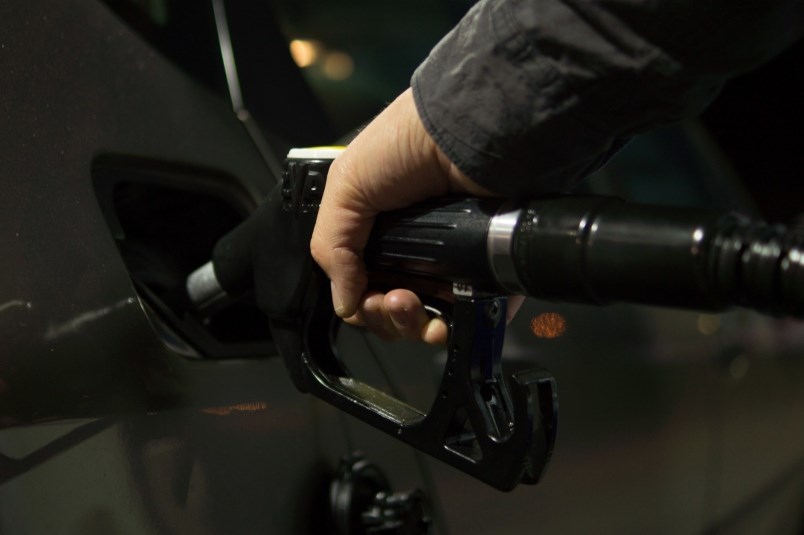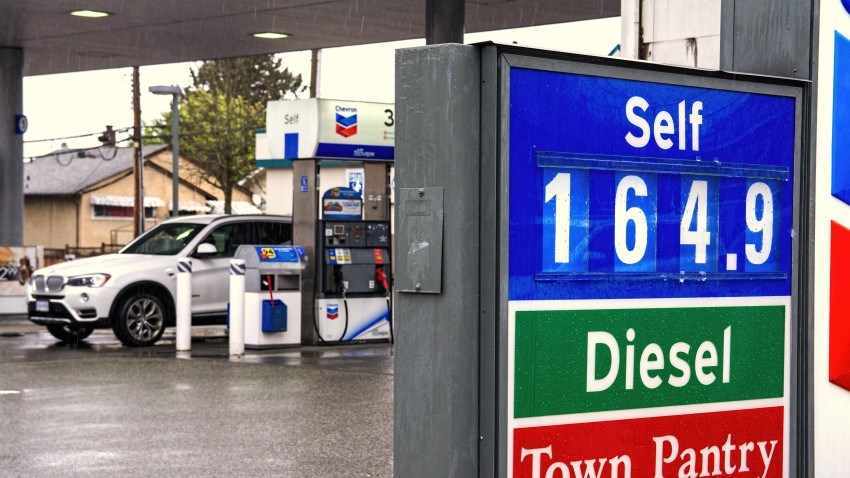Premier John Horgan wants the BC Utilities Commission (BCUC) to get to the bottom of B.C.’s record high gasoline prices.
But Horgan doesn’t want the commission looking under the B.C. government’s hood to see if provincial policies may be contributing to high gas prices.
In his mandate letter to the BCUC, Horgan asked the commission to find out why gasoline and diesel prices are so high in B.C.
The commission would have the authority to subpoena oil and gas companies and force them to explain how they operate.
That might not be a bad idea, given the serious lack of transparency and openness in the Canadian oil and gas industry. At the very least, it would be informative, since British Columbians might learn something about where their gasoline comes from and why it costs more in B.C. than anywhere else in North America.
But Horgan has ordered the commission to not look at any B.C. policies that might contribute to high gas prices.
“The commission may not inquire into the effects of provincial enactments or policy on gasoline and diesel prices in British Columbia,” his letter to the BCUC states.
The premier's office has not yet responded to Business in Vancouver to explain why the premier has ordered provincial policies to be off limits to the commission's inquiry.
Analysts say that Vancouver has the highest gas prices in North America for a number of reasons, and taxes are one of them.
B.C. has the highest carbon tax in North America, which adds about $0.09 per litre to the retail price of gasoline, and a TransLink levy adds $0.17 per litre in the Lower Mainland.

But taxes don’t explain why gasoline prices spike so dramatically here, as they did last summer and again this spring. Montreal, after all, has gas taxes that are about equal to Vancouver’s but retail gas prices there are currently about $0.30 per litre lower than in Vancouver.
As Horgan rightly pointed out recently, the carbon tax went up just $0.01 per litre at the beginning of April, but gas prices shot up $0.12 per litre.
Some observers, notably Marc Lee from the Canadian Centre for Policy Alternatives, have pointed to wholesale prices, and say that the margins are so huge for B.C. compared to other regions that the only explanation is that refiners are simply taking advantage of a captive market. In other words, they are deliberately gouging consumers. Horgan has seized on that explanation, and wants the BCUC to look into it.
But a number of analysts say the price spike that Vancouver has experienced since late March is mostly due to pipeline and refining constraints.
A number of West Coast refiners were down for maintenance this spring, and that can have a significant impact on gasoline prices in a confined market like B.C., which has limited refining capacity, and only two outside sources – Alberta and Washington state.
This year’s spike may have also been exacerbated by more crude oil flowing on the Trans Mountain pipeline, which would displace refined fuels.
But there may also be a hidden cost driver that contributes to B.C.’s relatively high gas prices – it’s low carbon fuel standard. This standard requires gasoline and diesel in B.C. to have renewable fuels, like ethanol, added, which increases the costs.
The Kent Group has estimated that the low carbon fuel standard may add $0.14 to $0.15 per litre to the wholesale price of gasoline in B.C.
Like taxes, the low carbon fuel standard may actually not have much, if anything, to do with price spikes. But British Columbians may never find out if the BCUC is explicitly forbidden to even consider its impacts.
“Ultimately it is questionable because before you can address a problem you need to understand it and if you limit the terms of the investigation you limit your ability to fully understand the problem and thus come up with novel solutions,” said Blair King, who blogs about energy issues on his Chemist in Langley blog.
“He’s short-circuited any opportunity to do a review – a thorough study – of gasoline prices, and as a result the outcome is going to be predictably useless, irrelevant and potentially lead to even further questions as to what the premier has to hide,” said Dan McTeague, an analyst for GasBuddy.
Marvin Schaffer, a public policy professor at Simon Fraser University, said he understands why the B.C. government doesn’t want the commission to look at things like taxes, because they affect the price of gasoline generally, but don’t explain sudden spikes in prices.
But he said it would be useful if the commission could look into the low carbon fuel standard to determine just how much it adds to the cost of gasoline in B.C., because right now, no one knows for sure.
“It’s not so much challenging B.C. government policy,” he said. “It’s really trying to understand, how much does this carbon standard really contribute. Because it could even affect where you get your product from. It would be nice to know if it’s 10 or 15 cents a litre, and if that’s good value.”
B.C. is something of a captive market, when it comes to gasoline. As Shaffer points out, B.C.’s own refining capacity does not come close to meeting B.C.’s needs. Alberta has plenty of refining capacity, but there is limited volume for refined fuel products on the existing Trans Mountain pipeline.
B.C. has to make up the shortfall by buying gasoline, diesel and jet fuel from Washington state. The amount it gets from Washington is actually fairly small, but it has a disproportionate impact on wholesale prices.
Shaffer said Washington is a “marginal source of supply,” which means it basically sets the price for what refiners in Alberta will charge.
“There’s market constraints that are preventing people from undercutting that high Puget Sound price,” Shaffer said. “Whenever anything goes wonky in Puget Sound, it really drives up prices here.”
The commission will not deliver a report on gas prices until the end of August, when summer gas prices typically fall.



